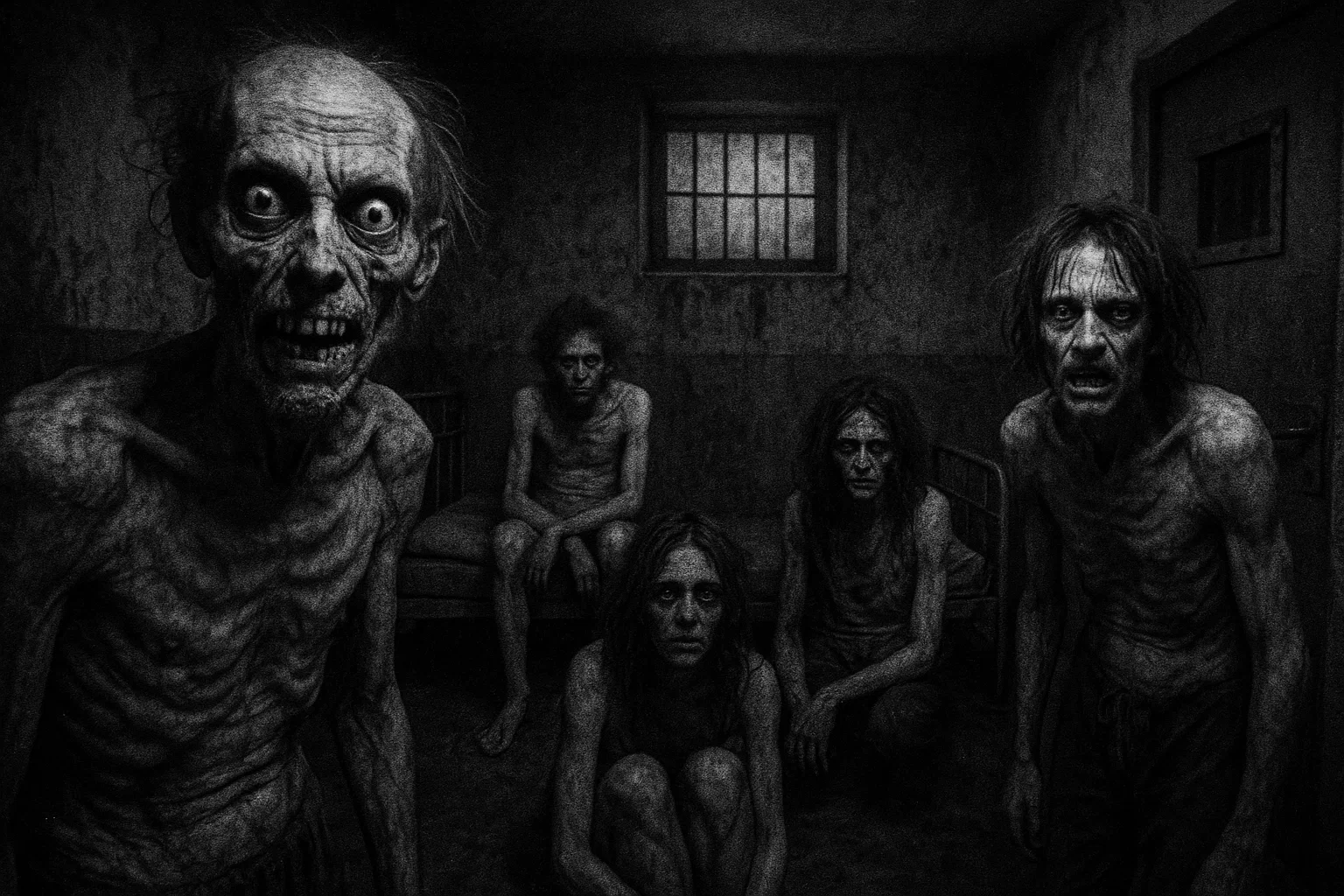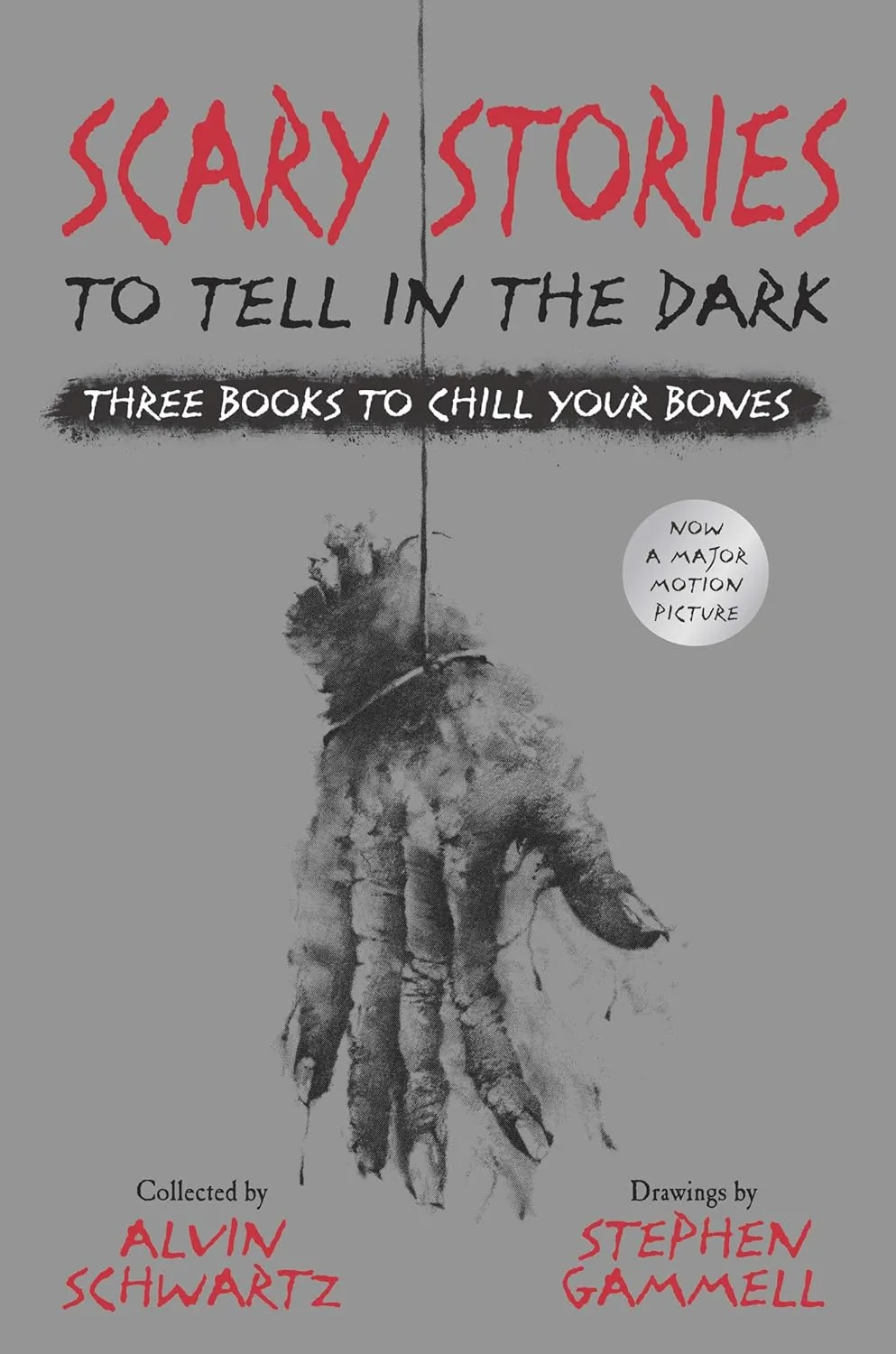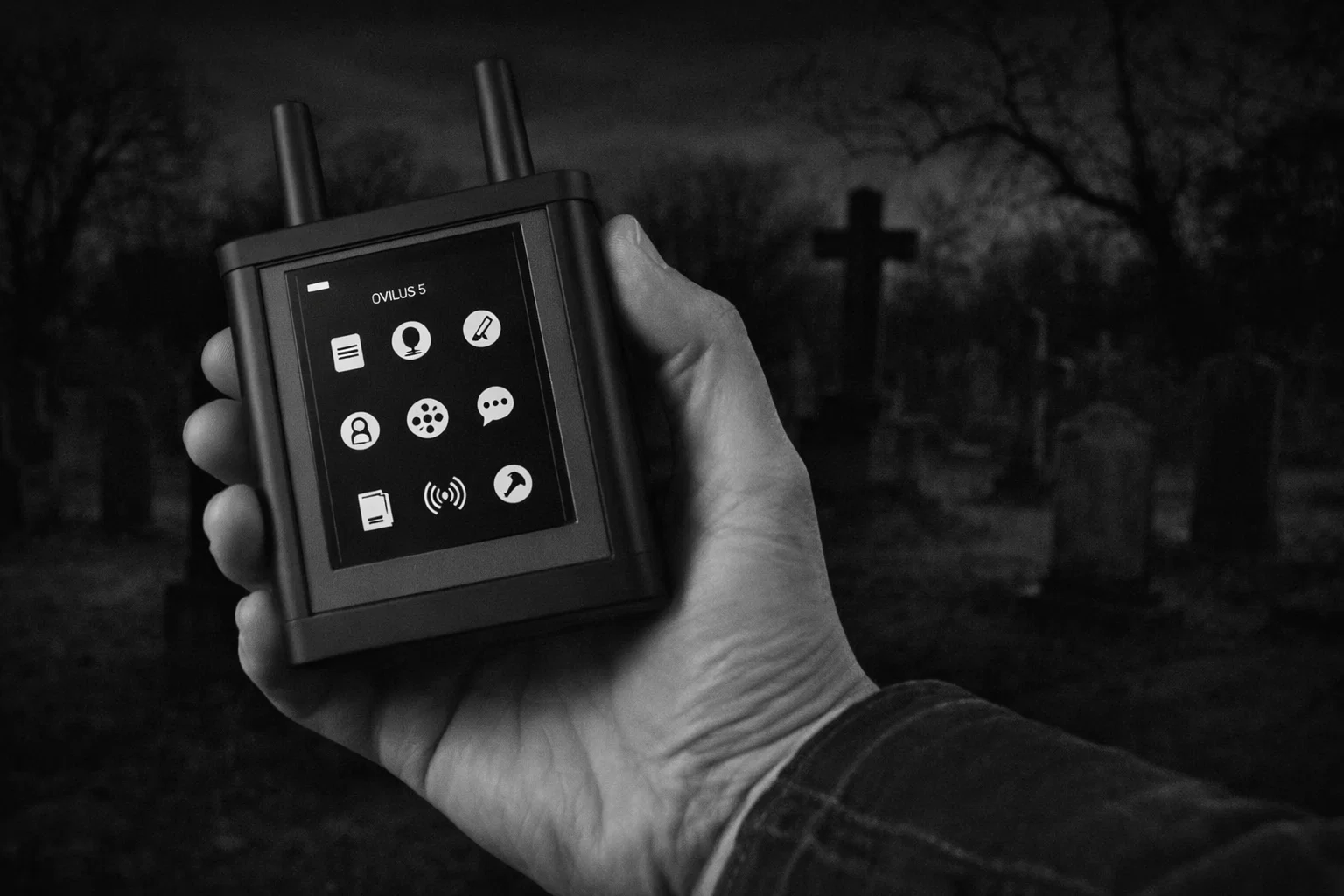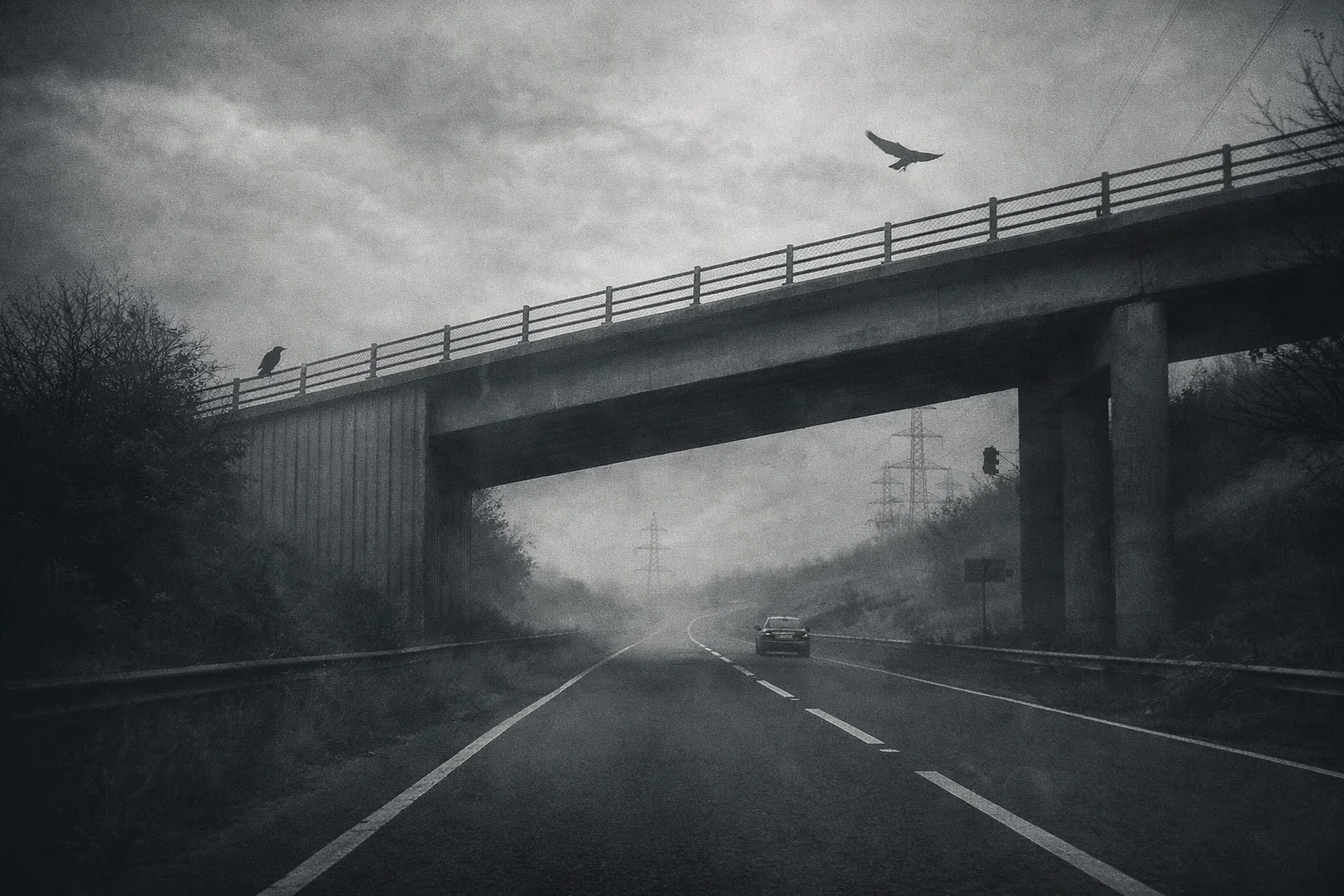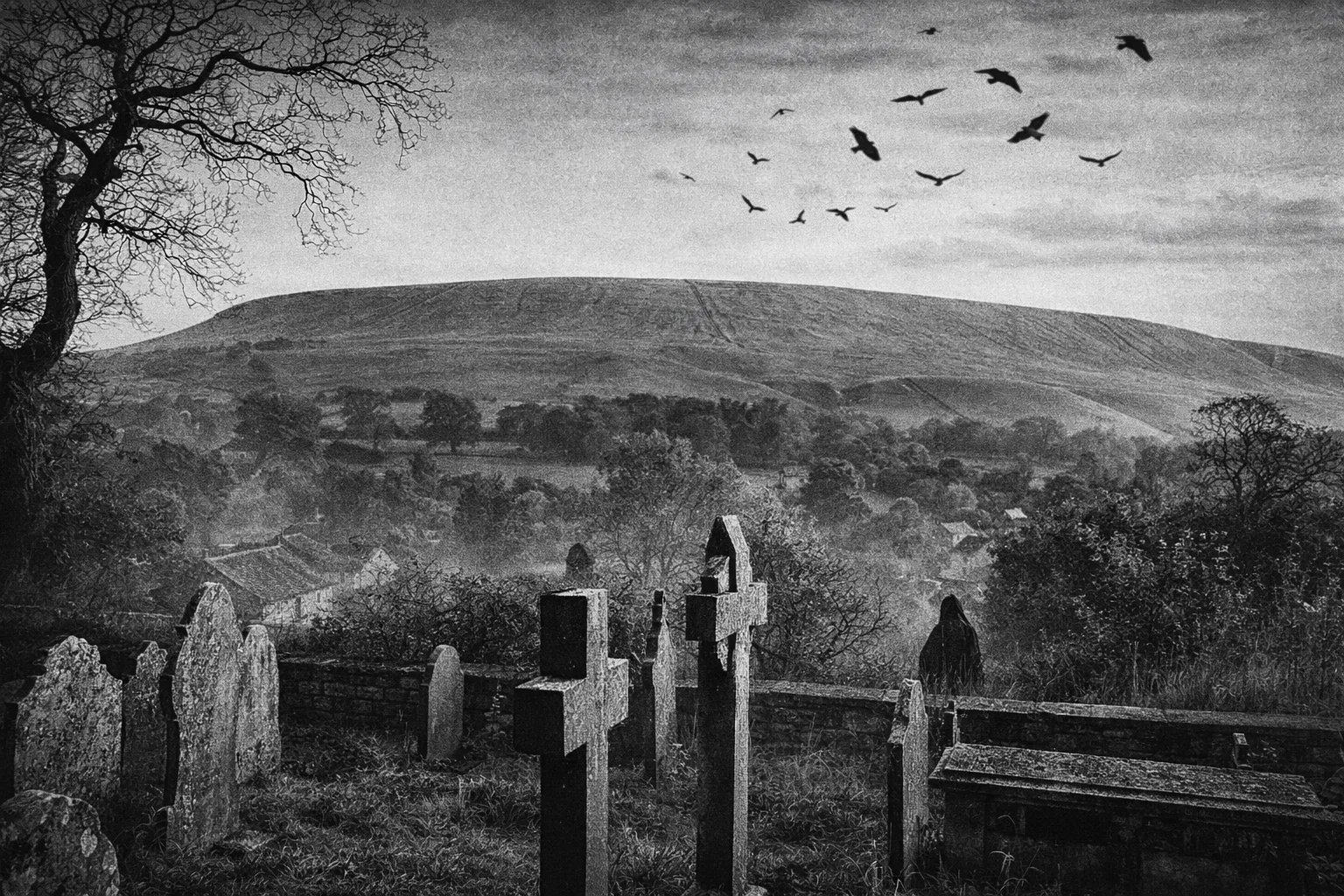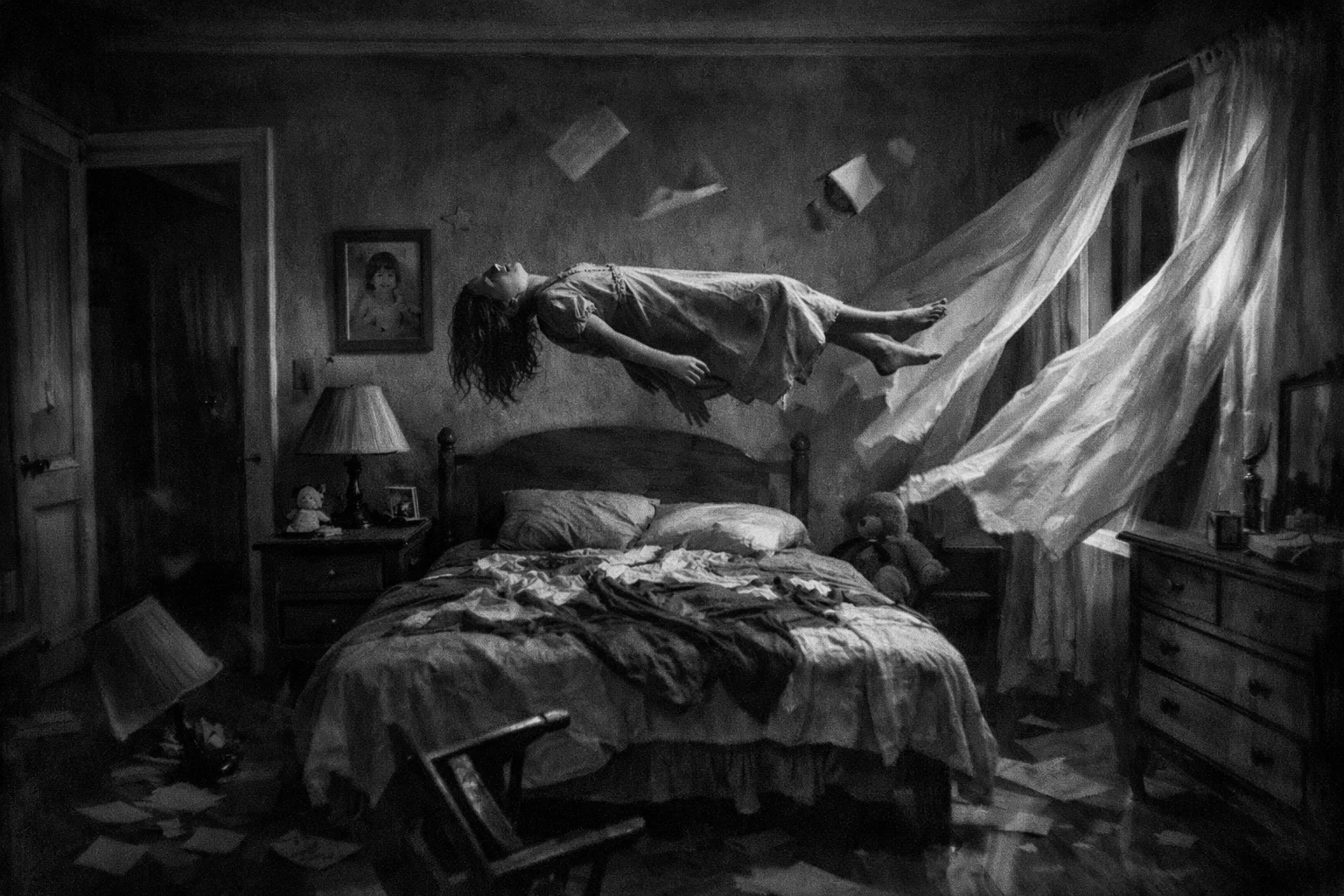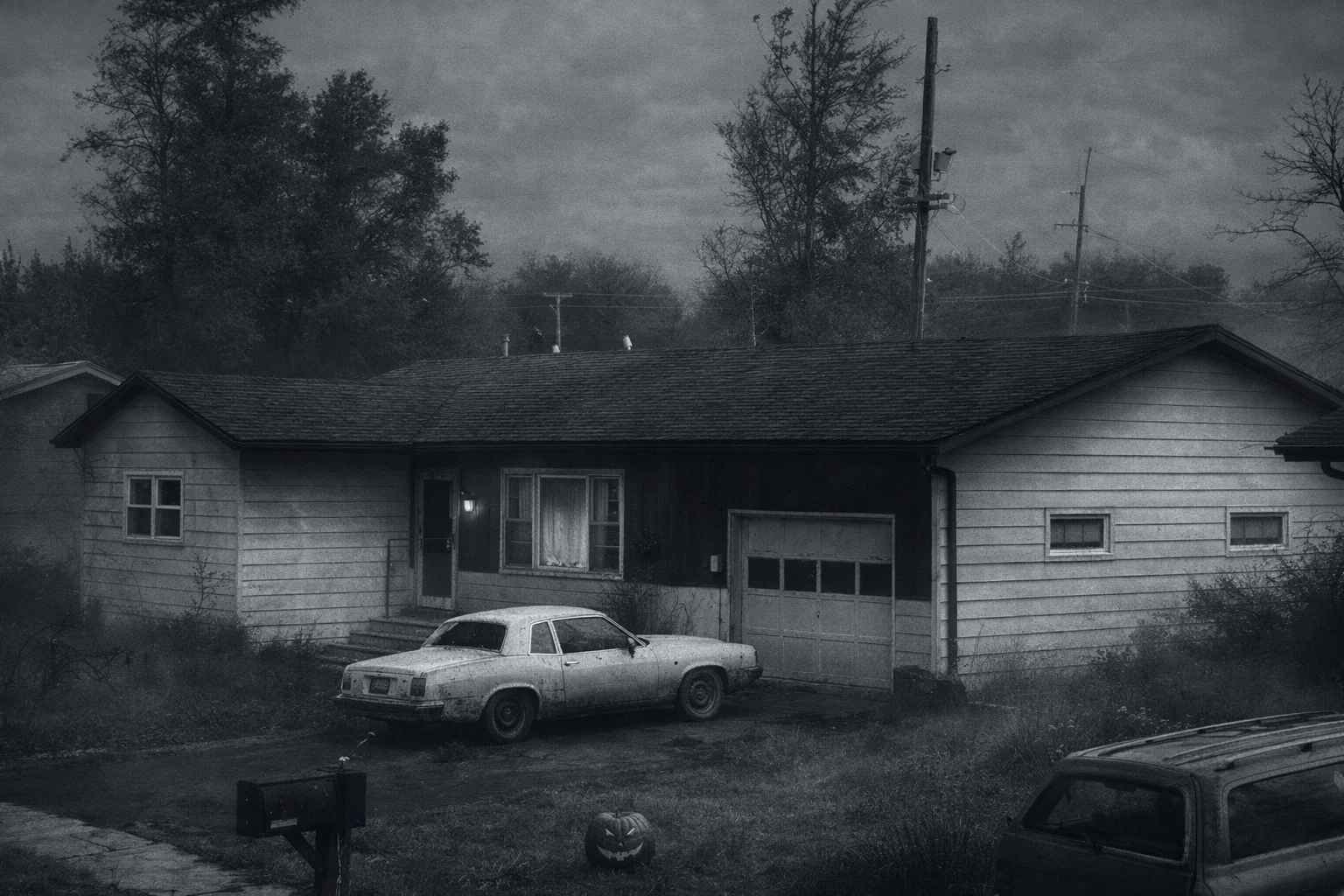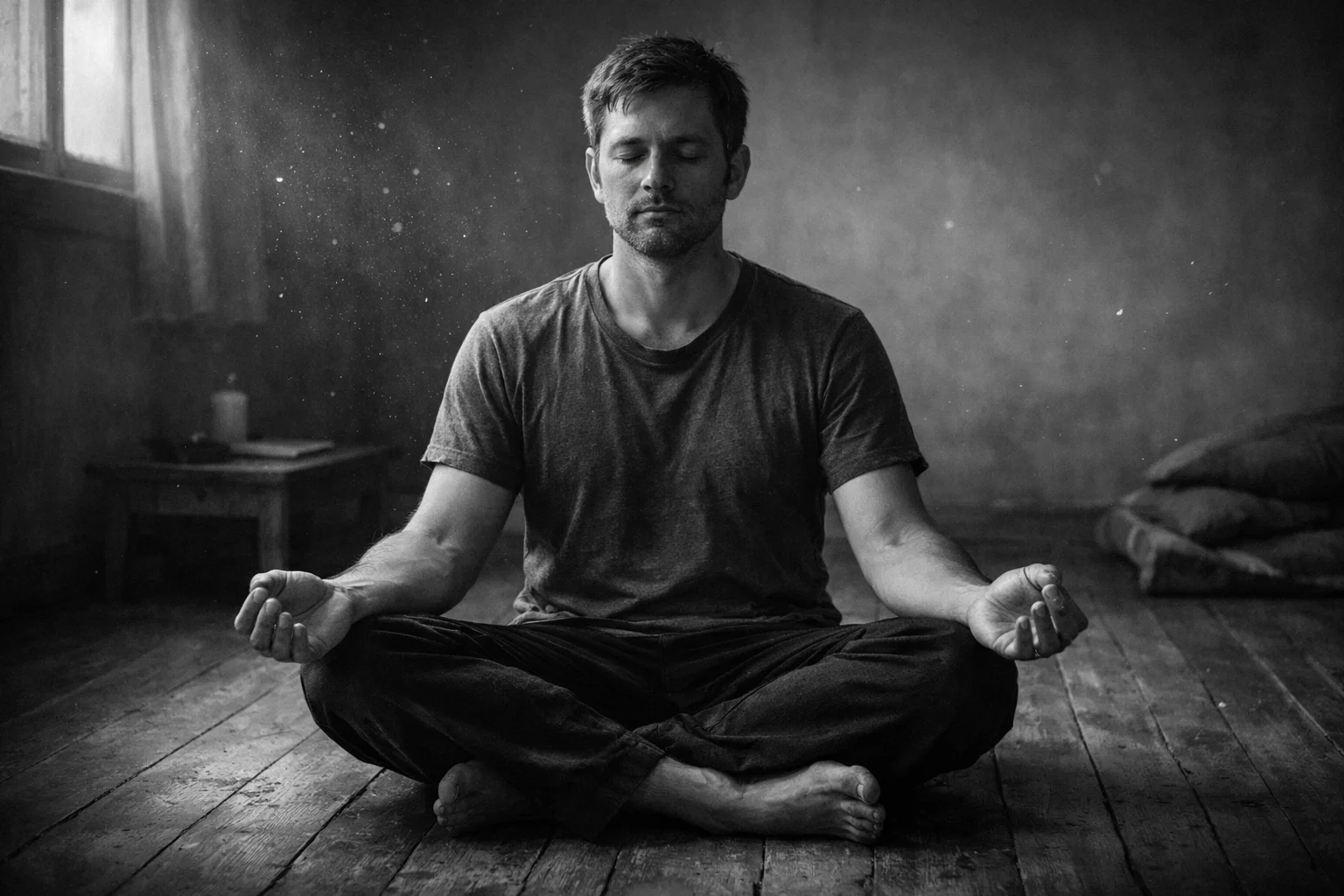Dive into a chilling horror story that will haunt your nightmares in this terrifying, creepy story, The Ivanov Directive. Set in a grim Cold War bunker, this scary ghost story unravels the psychological terror of a secretive experiment gone horribly wrong. As five desperate men are subjected to a mysterious gas, the line between reality and madness blurs. A horror story by The Horror Collection. Perfect for fans of scary ghost stories and unsettling horror tales, this creepy horror narrative explores dread, paranoia, and the unknown—keeping you on edge with every twist.
The bunker’s air was a living thing, thick with the rancid stench of sweat, urine, and something sharper—fear, perhaps, distilled into a metallic tang that clung to Dr. Elena Vorshevsky’s tongue.
She stood before the observation window, her breath fogging the glass, her reflection a pale ghost hovering over the five men strapped inside the sealed chamber.
Their eyes, raw and unblinking, stared into voids only they could see. The Russian military had promised a miracle: a gas to banish sleep, to forge soldiers who never tired. Elena saw only a descent into Hell.
Summary
I. The Damned Volunteers
Elena hadn’t chosen this nightmare. A neuroscientist with a quiet life studying brain waves in Moscow, she’d been summoned in 1947 to this classified bunker beneath the Ural Mountains, a concrete labyrinth that swallowed light and hope. Her orders were stark: observe, document, obey Colonel Ivanov. No questions. No mercy.
The subjects were prisoners, though “volunteers” was the lie fed to the staff. Each man bore the weight of a broken life, their files stained with desperation. Freedom was their promised reward, but Elena saw the truth in their gaunt faces—freedom was a myth.
Mikhail, a hulking former factory worker, had a boxer’s frame and a jaw that twitched like a trapped nerve. Arrested for stealing bread to feed his daughter during the famine, he’d watched her waste away, her tiny body cold before the authorities came for him. His silence was heavy, broken only by a rasp that carried her name: “Anya…”
Yuri, a poet with sunken cheeks and ink-stained hands, had been caught spreading dissent through verses sharp as knives. His eyes flickered with paranoia, always scanning, as if the walls themselves read his thoughts. Once, he’d whispered to Elena through the intercom, “Words are chains… but they’re also keys.”
Pavel, barely twenty, was a deserter with freckles and trembling hands. A farm boy drafted into a war he didn’t understand, he’d fled after seeing his platoon torn apart by artillery. He carried a photo of his mother, its edges frayed, and whispered to it at night, begging forgiveness for sins he couldn’t name.
Dmitri, a scarred ex-soldier, was a storm in human form. His laughter boomed, but his temper had landed him here—beating an officer to a pulp for mocking his dead brother. His knuckles were a map of violence, each scar a testament to a life spent fighting shadows.
Ivan, the mathematician, was a skeleton with eyes like black glass. His crime was vague—tampering with military codes—but his mind was a maze of numbers and patterns. He’d hum softly, tracing invisible equations, his voice a low drone: “The universe… it’s listening.”
These men were Elena’s burden, their lives tethered to her notes, her conscience. Outside the chamber, the medical team was no less haunted. Nurse Katya, a young widow with shaking hands, flinched at every sound, her husband’s death in Stalingrad still raw.
Technician Sergei, a wiry man with a smoker’s cough, muttered about “cursed places” and kept a rosary hidden in his pocket. Dr. Grigori, the senior physician, hid his fear behind vodka and cynicism, his bloodshot eyes betraying sleepless nights. They were all trapped, bound by Ivanov’s iron will.
Warning: Do NOT Read This Collection Alone After Midnight
Limited-Time: Volume 1 for FREE!
Real reader reviews: “Had to sleep with the lights on for a week,” “Story #17 still makes me afraid of the dark,” “I finished Volume 1 and immediately bought the next 20.” Over 30 original short horror masterpieces designed to make you terrified of perfectly ordinary things.
II. The Gas
The gas was invisible, odorless, pumped through vents that hissed like serpents. On day one, the men ate their rations—soggy bread and watery broth—and traded wary glances, their voices bouncing off the concrete. Elena watched, her pen scratching: Baseline behavior normal. No visible effects. Her stomach twisted, though. Something felt wrong, like a note played out of tune.
By day three, the gas’s claws emerged. Mikhail’s jaw tic became a violent shudder, his teeth grinding until blood flecked his lips. He stared at the ceiling, muttering, “She’s up there… Anya… her eyes…” Yuri’s poetry fractured into screams: “The walls—they pulse! They know!” He clawed at his arms, leaving red welts that wept pus.
Pavel curled into himself, rocking, his photo pressed to his chest as he sobbed, “Mama, I’m sorry…” Dmitri’s laughter turned to snarls, his fists slamming his chair until his knuckles split. Ivan, though, sat still, his smile a razor’s edge. “It’s waking,” he whispered, his fingers dancing in patterns only he understood.
Elena’s notes grew frantic: Elevated heart rates, erratic neural activity. The gas kept them awake, their minds unnaturally sharp, but it was unraveling them. She pressed her forehead to the glass, whispering, “What have we done?” The reflection didn’t answer.
Outside, the team frayed. Katya’s hands shook so badly she dropped a syringe, the glass shattering like a scream. “They’re not human anymore,” she whispered, her eyes darting to the window. Sergei stopped sleeping, his rosary worn smooth from constant handling. “Something’s watching us,” he told Elena, his voice hoarse. “Not them—something else.” Grigori laughed it off, but his hands trembled as he poured another drink, the vodka spilling like tears.
Ivanov’s visits were a ritual of dread. “Results, Dr. Vorshevsky?” he’d ask, his voice a blade wrapped in silk.
“They’re breaking,” she said, her throat tight. “We need to stop.”
He’d smile, cold as the bunker’s walls. “Science demands blood. You know this.”
She didn’t argue—not because she agreed, but because she’d seen the guards’ rifles, the way they watched her. Disobedience wasn’t an option.
You may also enjoy:
Is the LaLaurie Mansion Haunting Real?
October 24, 2025
Sowden House Haunting: L.A.’s Most Cursed Mansion
October 27, 2025
Bathsheba Sherman True Story: The Conjuring’s Real Witch?
April 14, 2025
Thiess of Kaltenbrun: History’s Only “Good” Werewolf?
June 13, 2025
Who or What Was the Wolf Woman of Mobile?
April 17, 2025
III. The Mind
By day seven, the chamber was a crucible of madness. The men’s skin hung loose, sallow and glistening, their veins like dark rivers under wax. Their eyes were pits, pupils dilated to black voids that seemed to pull light inward. The air reeked of decay, though no wounds festered—yet.
Mikhail’s mutterings became pleas. “Anya, forgive me…” He’d stare at the walls, claiming he saw her face in the cracks, her mouth open in a silent scream. One night, he bit his tongue, blood pooling in his lap as he laughed, “She’s singing!” Elena’s stomach lurched, her notes smearing with sweat: Hallucinations intensifying.
Yuri stopped eating, his body shrinking, bones sharp under thin skin. He’d scratch at the floor, his nails snapping, leaving bloody arcs. Words appeared, carved with jagged precision: THEY SEE. THEY COME. Elena zoomed in, her pulse hammering. Who were “they”? She didn’t dare ask.
Pavel’s rocking stopped.
He sat frozen, his photo crumpled in a fist that wouldn’t open. His lips moved, forming words Elena couldn’t hear, but his eyes—God, his eyes—were empty, like a doll’s, reflecting nothing. She called his name, her voice cracking through the intercom. He didn’t blink.
Dmitri’s rage consumed him. He’d slam his head against the chair, blood streaming down his face, shouting, “It’s in me! It’s in me!” His fingers tore at his scalp, pulling hair in clumps, the roots dripping red. Once, he lunged at the window, his gaze piercing the one-way glass. “You’re next, Doctor,” he growled, his voice a promise. Elena stumbled back, her heart a drum in her chest.
Ivan was the worst. He’d sit, legs crossed, humming a tuneless song. His fingers traced spirals in the air, his smile serene yet obscene. “The gas,” he told her once, his voice soft, “it opens doors.” When she asked what he meant, he laughed—a sound like glass breaking. “You’ll see.”
Outside, the team was crumbling. Katya saw shadows in the corners, figures that vanished when she turned. She’d whisper to Elena, “They’re in my dreams… the men… their faces…” Sergei’s cough worsened, blood flecking his lips, though the doctors found no cause.
He’d mutter prayers, his rosary now a noose around his neck. Grigori’s cynicism cracked, his laughter hollow. “We’re damned,” he slurred one night, his breath sour with vodka. “All of us.”
Elena’s own mind betrayed her. At night, she’d hear scratching—soft, deliberate, like nails on bone. She’d check the walls, the vents, finding nothing. Her reflection in the mirror seemed wrong—her eyes too wide, her mouth too still. “It’s the stress,” she told herself, but her hands shook as she wrote: Possible contamination? Psychological spillover?
What If the Scariest Children’s Book Ever Written Was Never Meant for Children?
Limited-Time: Up to 51% OFF!
Alvin Schwartz collected these stories from graveyards, backroads, and old people who swore they were true – then paired them with Stephen Gammell’s grotesque, dripping, eyeless illustrations that look like they crawled off the page. Three complete books of pure nightmare fuel in one volume.
IV. The Flesh
Day twelve was the breaking point. Elena arrived to screams—raw, animal sounds that clawed at her sanity. The monitors flickered, the camera feed a slaughterhouse. Mikhail, free from his restraints, stood over Yuri, whose chest was a gaping wound, ribs splayed like wings.
His heart lay beside him, still twitching, blood pooling in a mirror of the floor’s cracks. Yuri’s eyes were open, staring upward, his face frozen in a rictus of ecstasy.
Elena retched, her breakfast splattering the floor. “How?” she gasped, her voice a stranger’s. The technicians were silent, their faces gray. Mikhail turned, his hands dripping, and began on Pavel.
The boy didn’t fight. Mikhail’s fists crushed his skull, each blow a wet crunch that echoed in Elena’s bones. Pavel’s face collapsed inward, blood and brain matter spraying, his photo falling into the mess. A single eye dangled from its socket, rolling like a marble before Mikhail crushed it underfoot.
Dmitri was his own victim. He’d torn his arms to ribbons, skin hanging in flaps, muscle glistening. “It’s here!” he screamed, digging into his chest, fingers slipping in blood. His nails caught a rib, snapping it, the sound like a gunshot. He laughed, choking on his own blood, until he collapsed, his chest a red ruin.
Ivan watched, his smile a crescent moon. He crawled to Yuri’s body, dipping his hands in the blood, painting spirals on the walls. “The door,” he whispered, “it’s open.” His eyes met the camera—met her—and Elena felt a cold hand on her soul.
The team was in chaos. Katya screamed, clawing at her own face, leaving red trails. “They’re in me!” she cried, collapsing as Sergei held her, his prayers a desperate chant. Grigori stared at the monitors, his bottle forgotten, muttering, “God… what have we done?” Elena pounded the intercom, her voice hoarse: “Stop! Please!” But the gas hummed, the vents indifferent.
Ivanov stormed in, his face a mask of rage. “Vent it,” he ordered.
“They’re alive!” Elena protested, tears burning her cheeks.
“Now, Doctor.”
Her hands trembled as she obeyed. The vents hissed as the gas drained, clean air flooding in. The men fell—twitching, gasping, then still. Silence smothered the bunker, broken only by Katya’s sobs.
You may also enjoy:
The Complete List of All Haunted Places in Arizona
November 18, 2025
Egyn: The Terrifying Demon King of the North
September 1, 2025
The Demon Furfur – Powers, Weaknesses, and Sigil Meaning
August 11, 2025
Is the Richards DAR House Haunting Evidence of Intelligent Spirits?
September 22, 2025
V. The Haunting
The chamber was opened at dawn, the air thick with death. Elena entered, her mask fogging, her boots sticking in blood.
Mikhail’s hands were stumps, worn to the bone from beating the walls. Yuri’s body was hollow, organs scattered like discarded toys. Pavel was unrecognizable, his face a pulp of meat and bone. Dmitri’s chest gaped, his heart missing, though no one could find it. Ivan sat upright, his smile carved in death, his fingers curled around a spiral of dried blood.
The walls were a canvas of horror—spirals, eyes, words: WE SEE. WE ARE. Elena’s breath caught at a new carving, hidden in shadow: ELENA, JOIN US. Her knees buckled, the scalpel in her pocket suddenly heavy.
The team was no better. Katya stopped speaking, her eyes vacant, her nails bitten to bloody stubs. Sergei vanished one night, his rosary left on his bunk, stained red. Grigori drank himself unconscious, waking to scream about “eyes in the walls.” Elena’s notes became obsessive, pages filled with questions: Did the gas do this? Or was it something else?
At night, the bunker turned predator. Scratching filled the halls, rhythmic, relentless. Whispers followed—names, pleas, laughter. Elena’s dreams were invasions: Mikhail’s bloodied hands, Yuri’s eyeless face, Ivan’s smile stretching to swallow her. She’d wake gasping, her skin clammy, her mirror reflecting a stranger—her eyes too dark, her mouth too wide.
Ever Walk Into a Room and Instantly Feel Something Watching You?
Millions have used burning sage to force out unwanted energies and ghosts. This concentrated White Sage & Palo Santo spray does the same job in seconds – just a few spritzes instantly lifts stagnation, breaks attachments, and restores peace most people feel immediately.
VI. The Unraveling
On day twenty, Elena broke into the control room, desperate for the truth. The gas files were there, locked in Ivanov’s safe. She cracked it, her hands steady despite the terror. The gas wasn’t just a stimulant—it was a key, designed to “unlock latent neural pathways.” Side effects: Psychosis, hallucinations, perception of external entities. A scrawled note: Subjects report presence. Terminate immediately.
Her blood froze. Presence? She thought of Ivan’s “doors,” Yuri’s “they,” and Mikhail’s screams. Had the gas opened their minds to something real—something waiting? She burned the files, but the words lingered, branded in her skull.
The whispers grew louder, a chorus of the dead: “Elena… we see…” Shadows moved, hands brushing her neck, breath hot against her ear. She stopped sleeping, her mind a kaleidoscope of fear. Katya was found one morning, her wrists slit, her blood forming spirals on the floor. Grigori vanished, his office empty save for a bottle and a note: I can’t watch anymore.
Ivanov dismissed it all. “Hysteria,” he said, his eyes avoiding hers. But she saw his hands shake, his sleep-deprived face a mirror of her own.
VII. The End
On day thirty, the bunker turned on her. The lights died, the air heavy with rot. Scratching surrounded her, walls vibrating with it. The whispers were screams now—Mikhail, Yuri, Pavel, Dmitri, Ivan, Katya, Grigori—all calling her name. She barricaded her room, her scalpel clutched like a talisman.
The door groaned, splintering. Shadows poured in, figures with ruined faces, their eyes burning. “Join us,” they hissed, their voices a storm.
Hands seized her, cold and wet, pulling her into darkness. She screamed, the scalpel slashing air, blood spraying—hers or theirs, she couldn’t tell.
Her last thought was Ivan’s smile, his words: “The door… it’s open.”
Epilogue
The bunker was buried, its records ash. Ivanov reported a “technical failure,” and the team lost to “accidents.” No trace of Elena remained.
Yet the Ural Mountains hum. Villagers speak of screams, of shadows that watch from the trees. A child once found a carving in the snow—a spiral, and beneath it: WE ARE AWAKE.
Deep below, the chamber waits, its walls alive with whispers, its air heavy with eyes.

